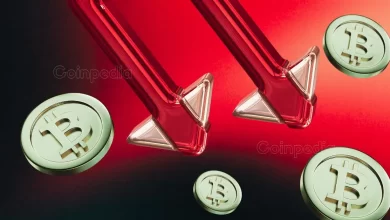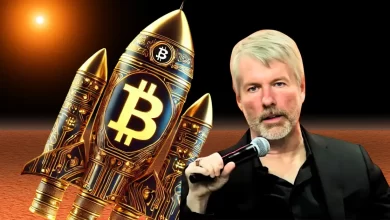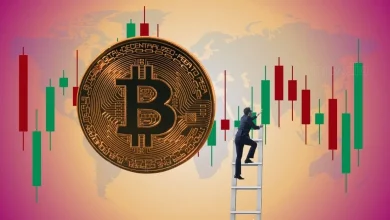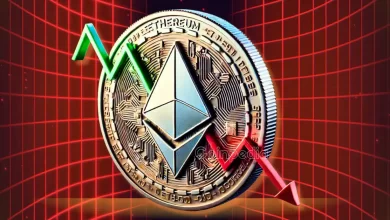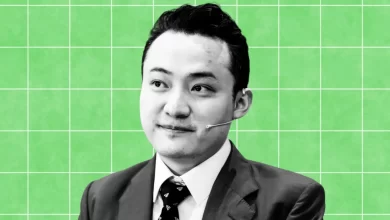
Tai Mo Shan, a Jump Crypto subsidiary, misled investors about Terra USD's stability, supporting it through trades in exchange for discounted LUNA tokens.
The SEC charged Tai Mo Shan for these actions, resulting in a $123 million settlement, highlighting the fragility of the crypto ecosystem.
The Terra USD collapse served as a wake-up call, emphasizing the importance of transparency and investor protection within the crypto market.
Cryptocurrency is often seen as a path to financial freedom, but for some, it’s a journey marked by scandals and broken trust. Recently, the SEC charged Tai Mo Shan Limited, a subsidiary of Jump Crypto Holdings LLC, with misleading investors about TerraUSD’s stability and selling unregistered securities.
The story doesn’t just expose a company but raises questions about the broader crypto ecosystem. How did things go so wrong? Let’s dig in.
False Promises? The Truth About TerraUSD
TerraUSD (UST) was introduced as a stablecoin—a cryptocurrency pegged to the U.S. dollar, promising a consistent value of $1. Tai Mo Shan assured investors it was safe, claiming that Terraform Labs’ algorithm kept the peg secure. But cracks appeared when UST lost its $1 peg in May 2021.
Tai Mo Shan stepped in, conducting $20 million worth of trades to temporarily restore the peg. For a short time, it worked. However, this stability didn’t last. The truth? The peg wasn’t maintained by the algorithm but by external interventions—a detail investors were never told. The SEC has called this omission “misleading,” and it’s a tough point to argue against.
Secret Deals and Violations
Behind the scenes, Tai Mo Shan had an agreement with Terraform Labs: they would stabilize UST in return for discounted LUNA tokens. Between January 2021 and May 2022, the company acquired LUNA tokens and resold them on U.S.-based exchanges.
The SEC considers LUNA and many other crypto tokens to be securities. By acting as a statutory underwriter and failing to register these offerings, Tai Mo Shan violated securities laws. This further reveals the lack of transparency in their operations.
Actions Have Consequences
Tai Mo Shan has agreed to pay over $123 million in fines, prejudgment interest, and civil penalties. Additionally, the company is now under a cease-and-desist order. Notably, while agreeing to these penalties, Tai Mo Shan did not admit to the charges.
This move allows them to close the case without fully accepting responsibility.
A (Harsh) Wake-Up Call for Crypto
For the crypto world, Terra collapse was a wake-up call. And the SEC is tightening the reins on crypto. Gary Gensler, who is stepping down in January as the SEC chair, shared that protecting investors from fraud is a top priority. This case shows how fragile the systems can be and how much investors rely on trust. Though the new administration is focusing on creating a nurturing environment for the digital space, cases like this highlights the need for strict regulations.
Never Miss a Beat in the Crypto World!
Stay ahead with breaking news, expert analysis, and real-time updates on the latest trends in Bitcoin, altcoins, DeFi, NFTs, and more.
Tai Mo Shan’s penalties might close this chapter, but the questions they leave behind could reshape the next.

